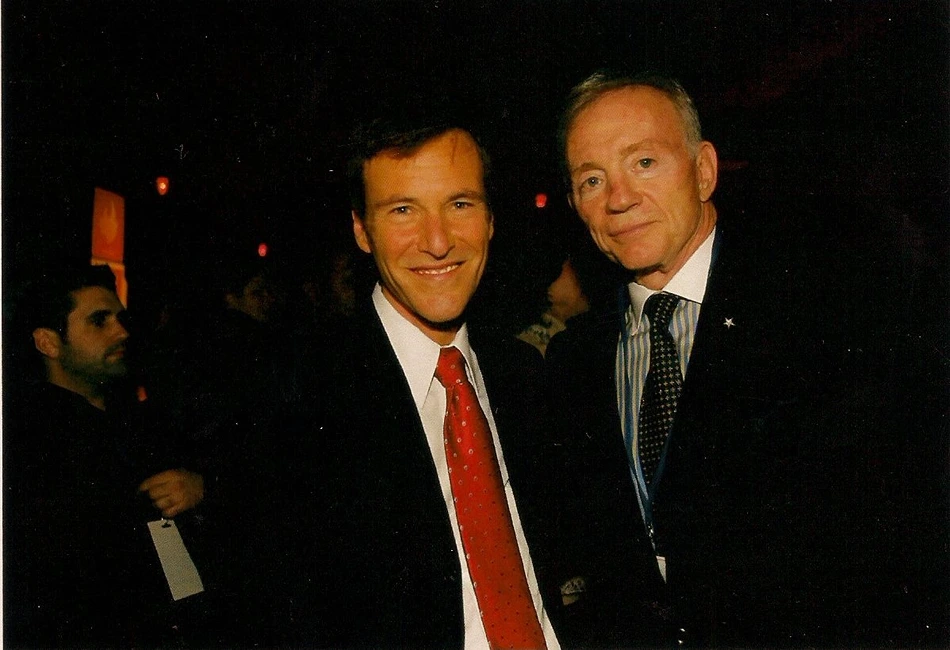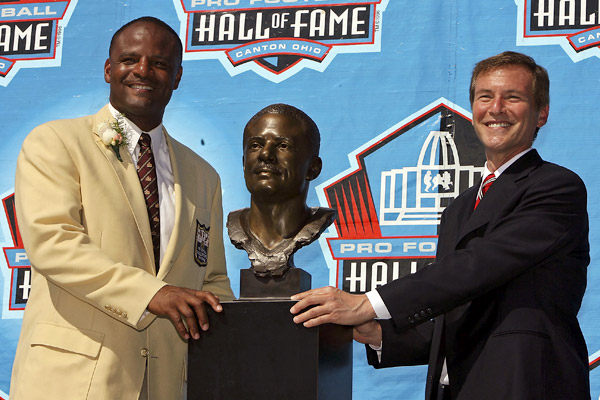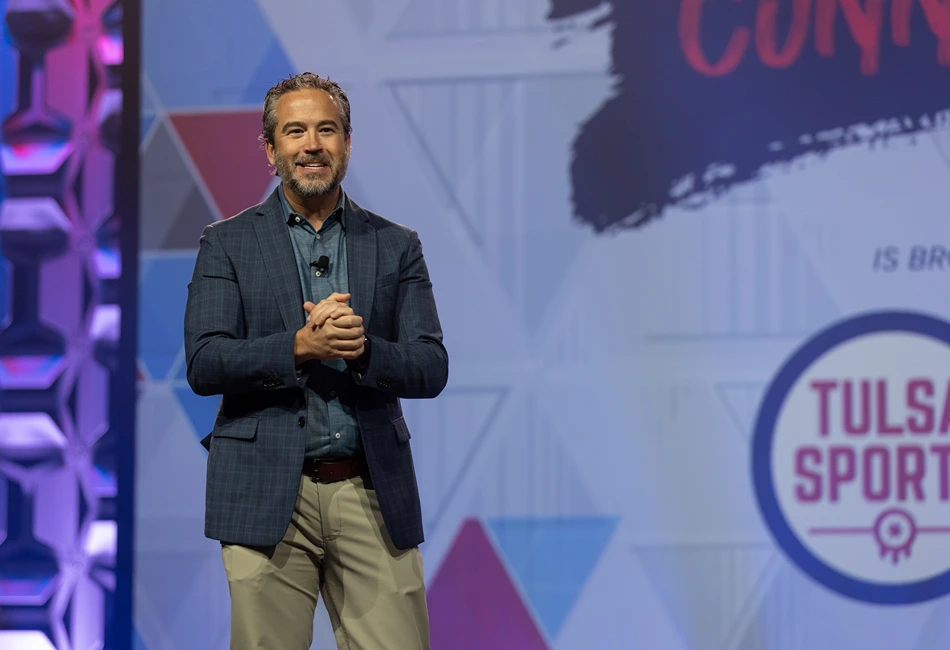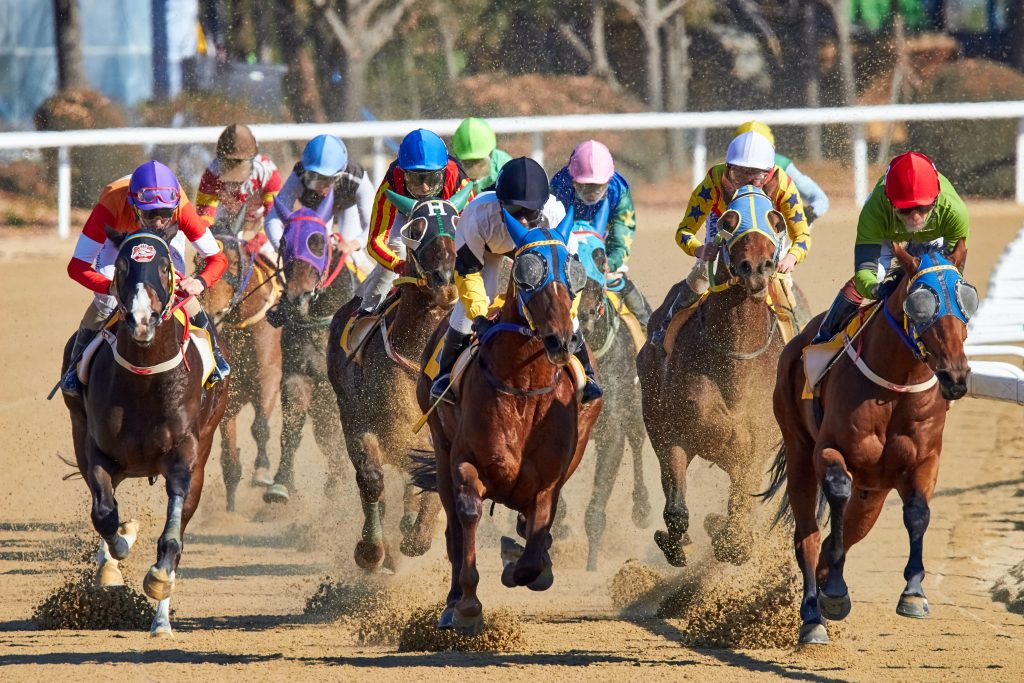Perspectives on esports from the most-famous sports agent in the world
Renowned for being the most successful sports agent in history, Leigh Steinberg has represented over 300 athletes from sports like baseball, basketball, boxing and of course NFL football where a record eight No. 1 draft picks have been under his wing. Steinberg’s success as an agent is also credited as the inspiration for the titular character in the famous Tom Cruise film Jerry Maguire.
With success in traditional sports cemented, Steinberg has focused his attention on esports, believing that it has a bright future. In this exclusive interview with the Esports Trade Association, Steinberg opens up on esports athletes and representation, marketability, how to win over esports skeptics and more.
For more Esports information and sports tourism, be sure to Download the Full EsportsNext Guide and Subscribe to Sports Planning Guide for FREE

This year was your 37th annual party at the Super Bowl and the very first that integrated esports. What is it about esports that you have seen recently that has encouraged you to embrace this new form of sport?
When my son Matt was growing up, it was hard to get him out of his room and away from his gaming portal. He played games like Grand Theft Auto wearing a headset competing against a world of interconnected gamers. It was then that I saw the powerful draw of esports engagement. Last year, I was invited by the Dallas Fuel franchise to meet with them and see their plans for the future. They took me to a competition between the Dallas and Houston teams in a large auditorium. It was packed with young people who were screaming and shouting encouragement like at a rock concert. Then I thought here is a world I didn’t know existed and this is the wave of the future.
What type of interest in esports do you see from your professional athlete clients?
Virtually every professional athlete I have worked with is a gamer and plays games during their leisure time. They are highly competitive and play in heated contests with each other. They love online games and are a natural audience for esports competitions.
Having been involved with the NFL for 50 years as an agent, what are some of the common trends that you are seeing with esports that signal to you that competitive gaming is the future of sports and entertainment?
In the same way that professional athletes start playing Little League Baseball and Pop Warner Football as youths, gamers start young. The current generation of young people master computer skills at a very young age. Esports actually draws from a greater talent pool then other professional sports in that, their competitions don’t rely on size, strength and foot speed.
Esports have the same capacity to draw live attendances in newly built stadia specifically tailored for the competition. The big breakthrough will occur when esports competitions are produced by television in an appealing way, and that content can then be used and viewed over computers, tablets, phones, as well as traditional television monitors.
Do you think there needs to be a different approach to representation of esports athletes compared to traditional sports athletes?
A new model will need to be created in the short term, given the embryonic state of esports. In negotiations with their franchises, the teams currently have all the power. The athletes believe they are fungible and replaceable assets. That fear of being replaced stands in the way of unionizing and negotiating a collective bargaining agreement that will give them rights and protection. Until then, it will be difficult to find the leverage to strike bigger deals. It is all a function of how much revenue the sport delivers, so it is in the interest of the athletes to help grow the sport.

In terms of marketability and league competition, do you see esports following a similar path to traditional sports or innovating new ways to brand and compete over the next decade?
Esports has the advantage of coming of age at a time where they have the benefit of the breakthroughs that have occurred in technology, visual presentation, virtual reality, augmented reality and a much more computer savvy audience. New methods of presentation and fan engagement will naturally evolve.
For more Esports information and sports tourism, be sure to Download the Full EsportsNext Guide and Subscribe to Sports Planning Guide for FREE
One major topic at your party was brain health. What effect do you see esports having on brain health?
Major breakthroughs have occurred in the area of neuroplasticity of the brain. It’s now possible that the gamers can avail themselves of brain health treatments like RTMS and NESTRE brain training. This can give the athletes faster neural processing and enhanced memory. Studies will need to be conducted as to the effect on the brain of the intense focus on a computer screen at the heart of the gaming experience.

What would you like to tell members of the traditional sports community that are skeptical about the future success of esports?
Credibility for esports rests on a clear understanding of what defines a sport. Esport athletes need to master the games in preparation to play in the same way a quarterback needs to study the playbook. Esports requires faster than normal reaction time, hand eye coordination, memory, and performance under extreme pressure in the same way as traditional sports.
Motor racing involves a car, which is a machine, propelling the action. Horse racing requires a gifted animal providing speed and power. How is a gamer different from a driver or a jockey? Only individuals with extraordinary skills can excel to the highest levels of esports competitions. The best way to prove this is to ensure that every member of the sports fraternity, whether they be athletes or journalists, has had the experience of trying to compete in the online games.

What is your view on the future of esports as well as how you see traditional sports like racing attracting younger fans through gaming?
Esports is the wave of the future and will soon be looked at in the same way we currently obsess over pro football. It is growing from the grass roots up, with millions of kids playing online games before they play other sports and this pool of talent will be nurtured at the high school and collegiate level.
Esports prizes hand-eye coordination, fast mental processing and strategy and has a much larger demographic to draw from unlike traditional sports that value size, speed and strength. Eventually, television will find compelling production values in a way that engages a large audience. In addition to the contests, there will be feature shows, analysis shows and televised drafts which will lead to branding of the individual players on social media and television and the star building, celebrity making machine will make certain competitors household names.
That process will also build endorsements and sponsorships. Any traditional sport that lends itself to a game format will benefit from the cross-promotion.
For more Esports information and sports tourism, be sure to Download the Full EsportsNext Guide and Subscribe to Sports Planning Guide for FREE







